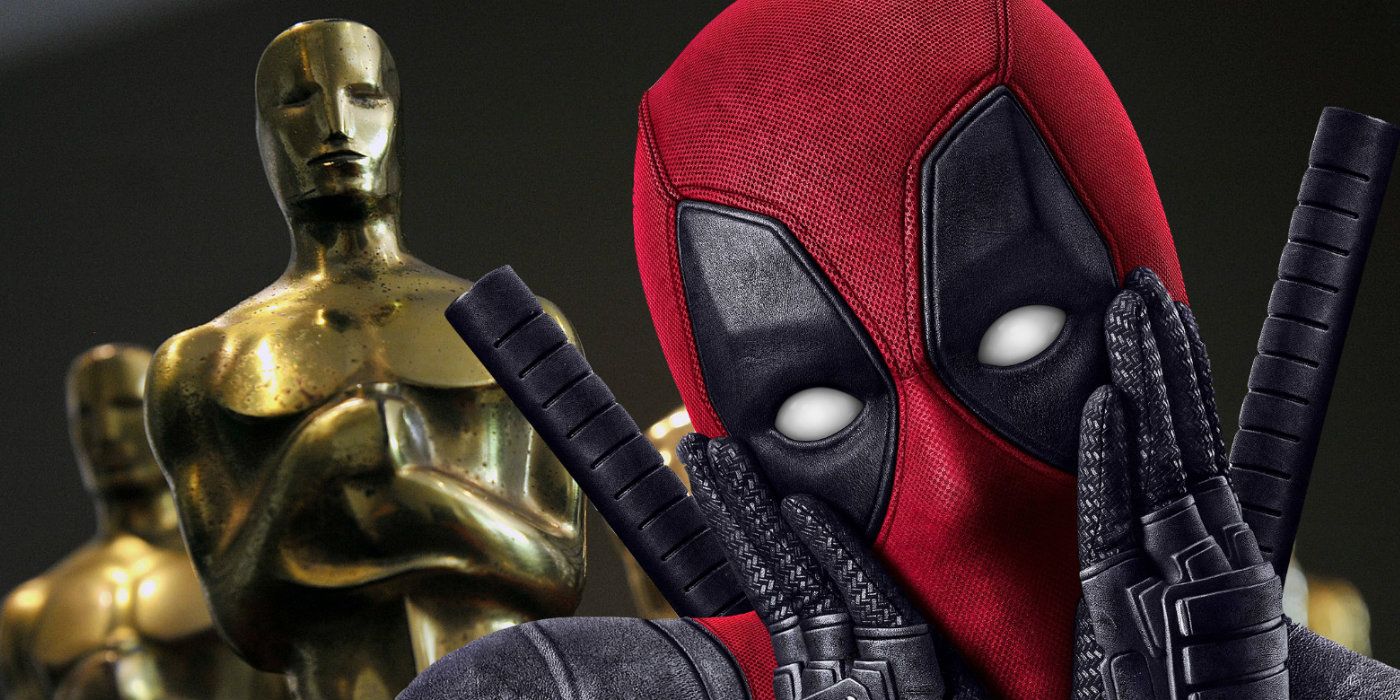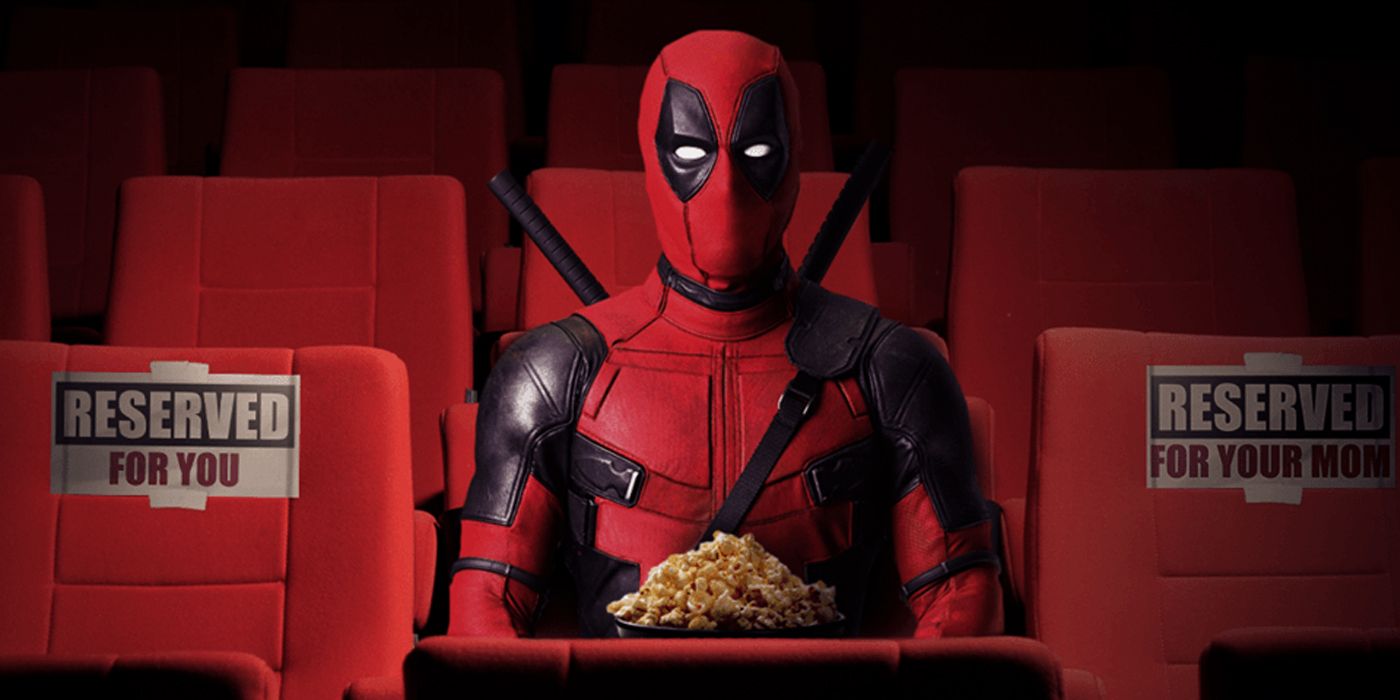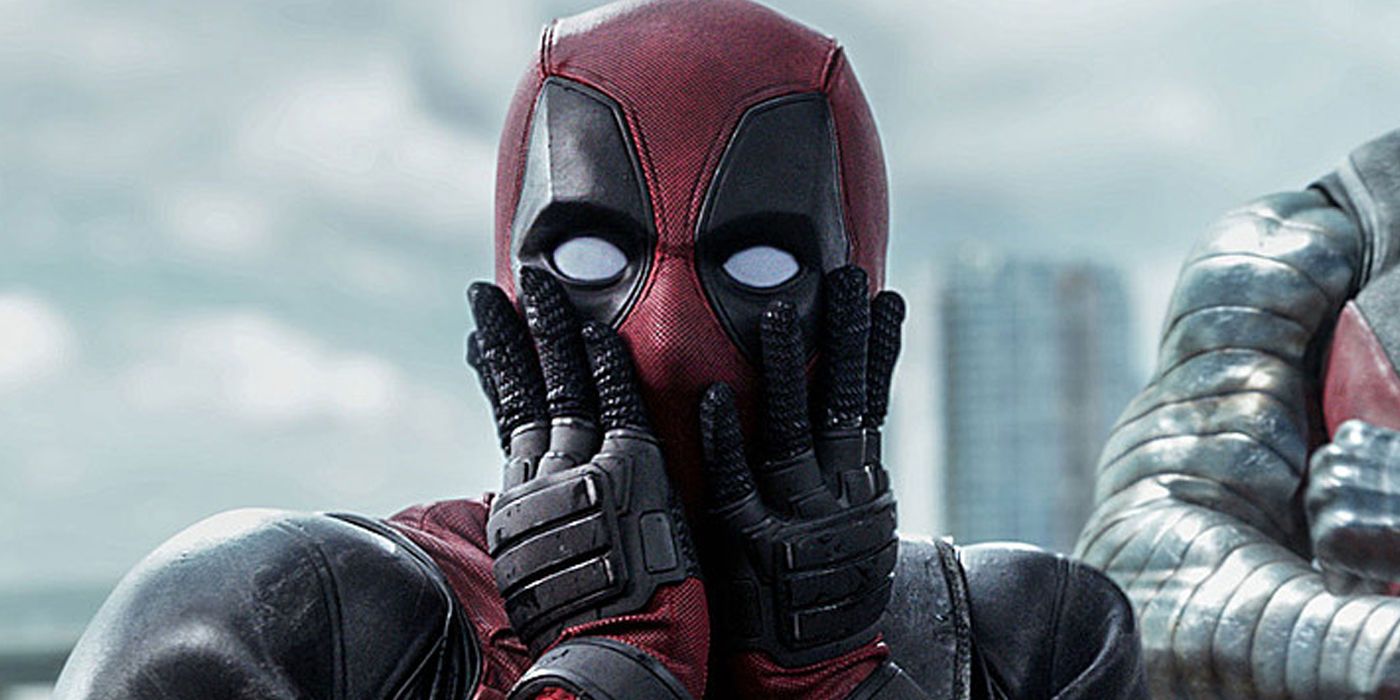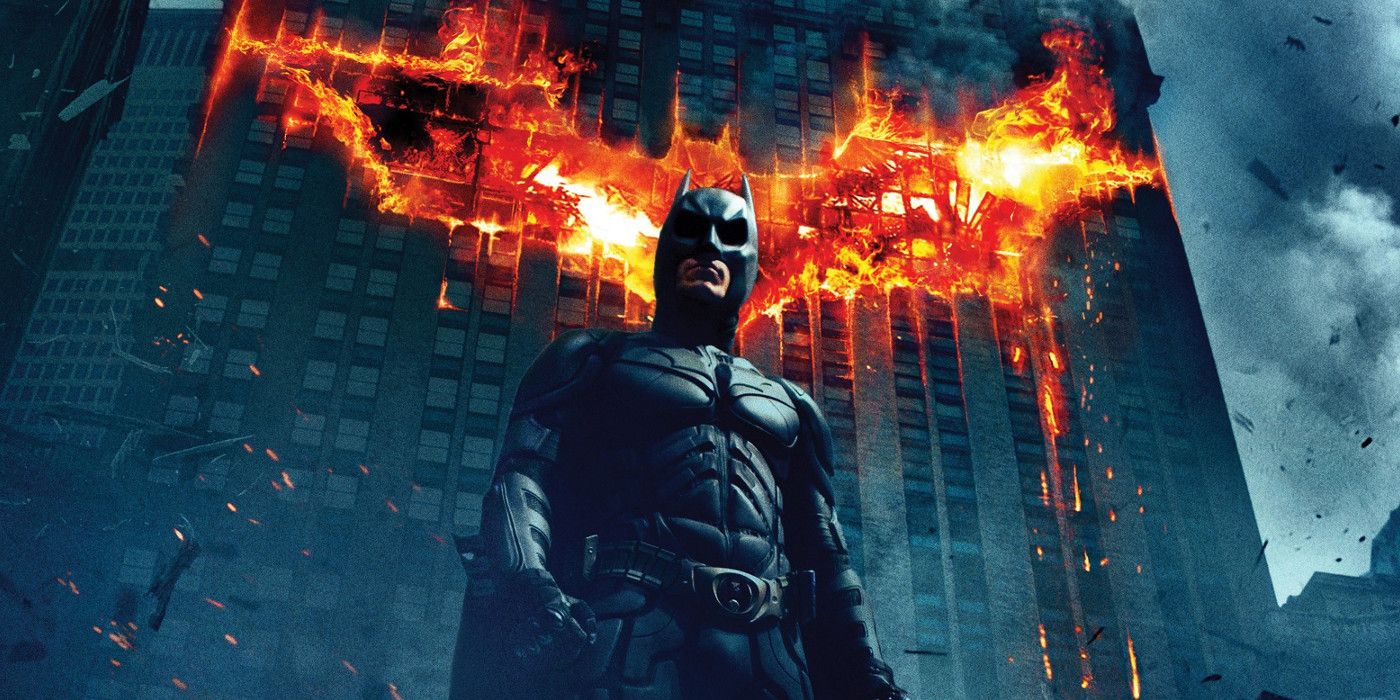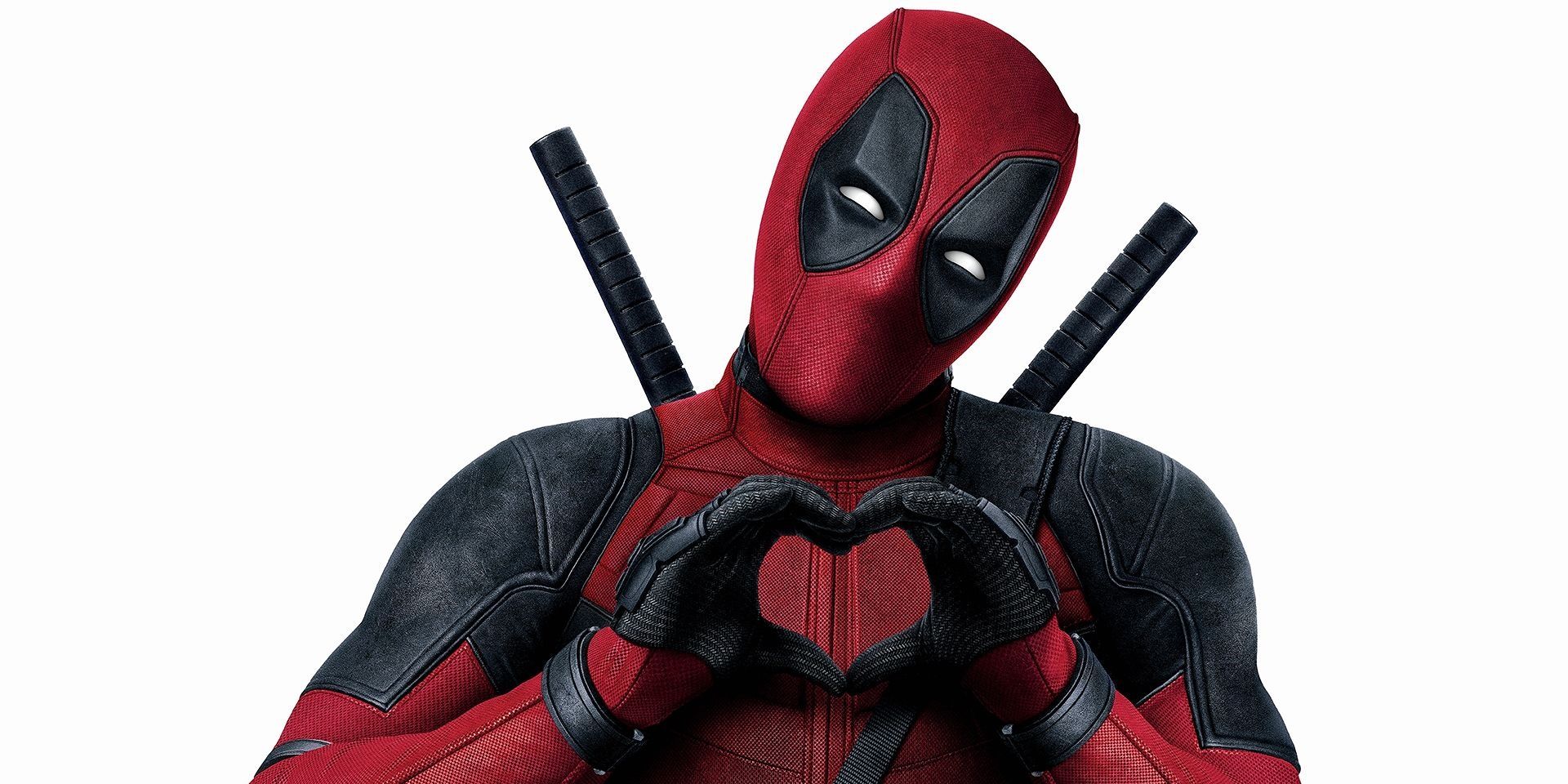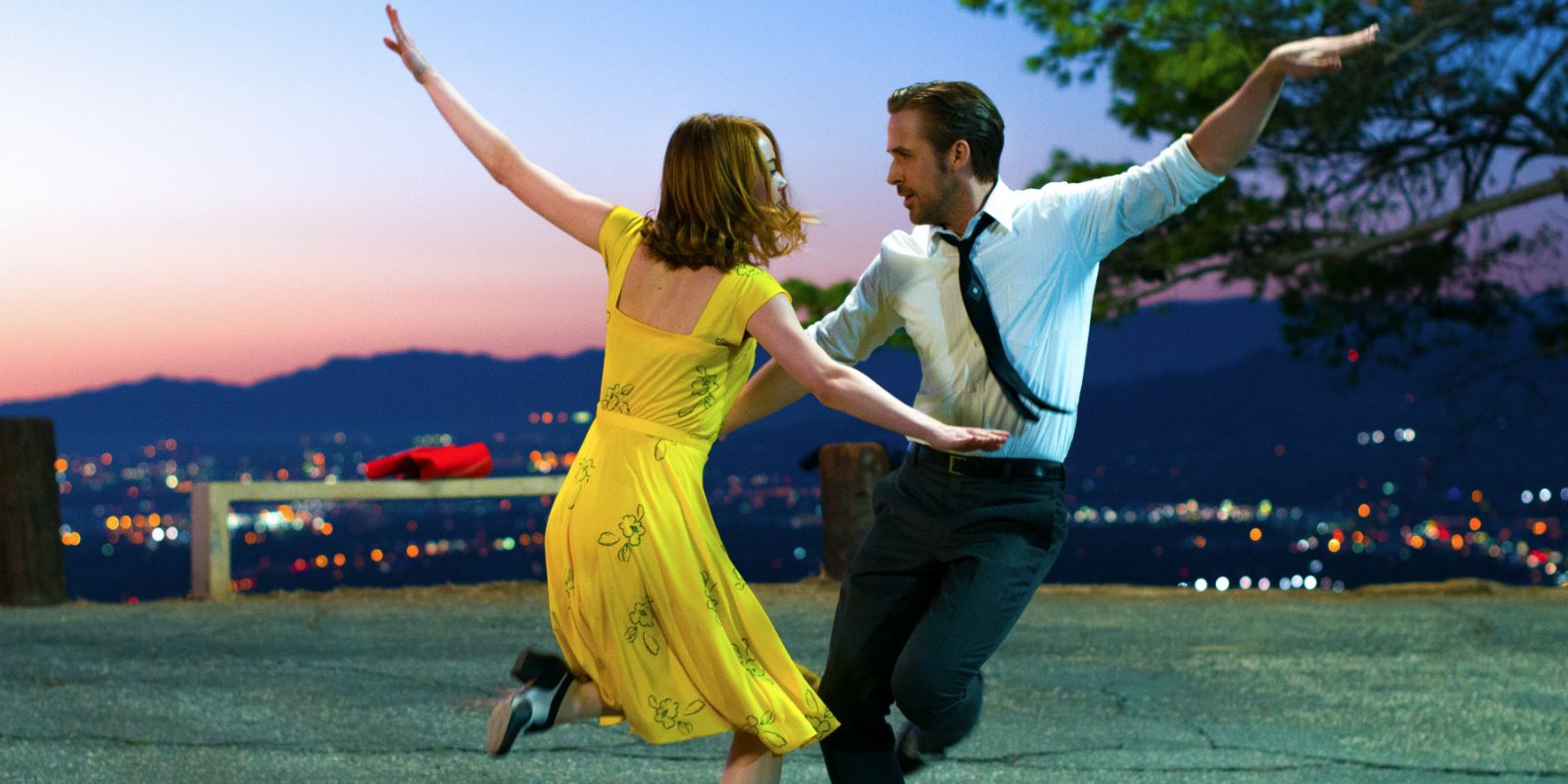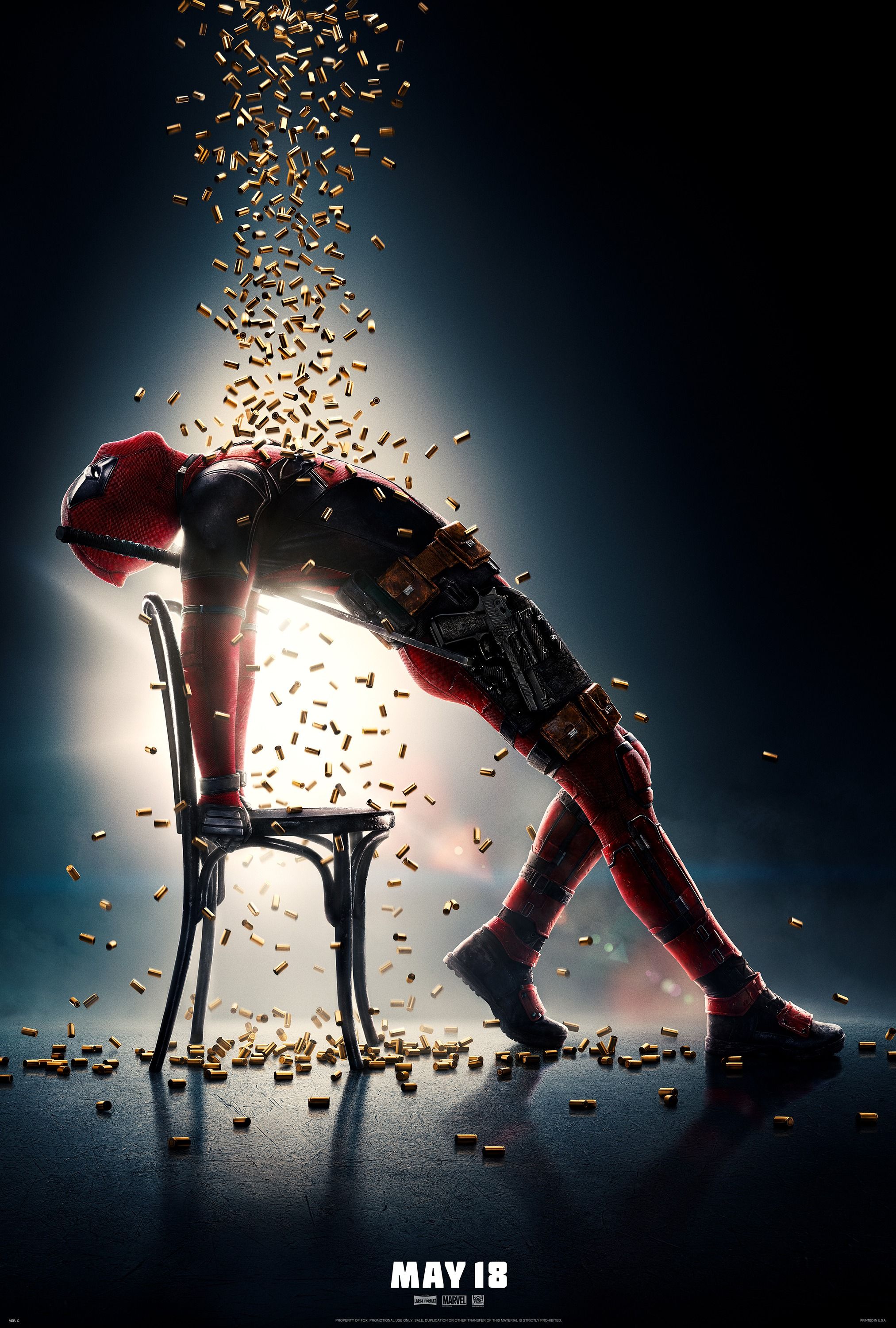In the lead up to the nominations for the 89th Academy Awards, the superhero movie on everyone's lips was Deadpool. Coming out of nowhere, it had already done the impossible and collected up a bunch of major nods from various other awards bodies - including nominations in the major categories at the Directors, Producers and Writers Guilds, the groups that typically serve as a barometer for who will win big at the Oscars - making a Best Picture run within the realm of possibility. It was still an outside favorite, but with a mounting wave of goodwill it looked like it could be that rare blockbuster to break through.
However, on Oscar day itself, Tim Miller's irreverent take on the genre was ignored entirely; no Best Picture, no Best Adapted Screenplay, not even a Best Costume Design nomination. Star Ryan Reynolds took it in his typically charming stride, sending out a very complimentary concession tweet, but fans were less happy; voicing concern over how one of the best-received movies of the year had been completely overlooked by the Academy.
So, why didn’t Deadpool get a nomination? Like with anything awards related it’s not as simple as you may think, but instead plays into a wide range of factors.
It Might Not Have Been Good Enough
Deadpool was extremely popular, no two ways about it. On Rotten Tomatoes it has an 84% Certified Fresh rating with critics and 90% audience approval. On IMDb it scores an 8.1, which in their skewed metric is great. And the record-breaking box office numbers – highest R-rated movie ever worldwide, bigger X-Men entry, solid placement in the domestic and international 2016 box office - should speak for themselves.
But was it as unequivocally good, or perhaps better beloved as that suggests? Plenty of people liked Deadpool, but it didn't always go any further; looking a little deeper at those numbers reveals a different picture. Top Critics on Rotten Tomatoes awarded it a 63%, twenty-one points lower than the larger group; it hasn’t placed in the IMDb Top 250 which means its adjusted score isn’t as strong; and, most damningly, on Metacritic, an altogether tougher aggregator, it has good-but-not-phenomenal 65%. All of the Best Picture nominees scored considerably higher – the lowest was Hacksaw Ridge on 71, but the favorites La La Land, Manchester by the Sea and Moonlight all reached into the 90s.
This is all the crunching of already unreliable numbers (movies can't be objectively measured), but they show that while Deadpool's popular and has earned a solid thumbs up from most, its acclaim not go much further than that. Indeed, the general talk around Deadpool is that it’s a fun, irreverent movie, but not one that really offers much depth or related subversion of its genre. Without going too deep into its various merits, it could just be that Deadpool wasn’t good enough to make the grade.
The Anti-Superhero Bias
Of course, that’s applying objective measures to subjective ideas, so doesn’t get us to the full core of the issue. Even if Deadpool had been in the high 90s on Metacritic and cited as the movie of the decade, that’s no guarantee it would have flown - due to the Academy’s intrinsic superhero bias.
Going completely against their ascension to the top of popular culture, superhero movies are rarely nominated, let alone win, at the Oscars. When it comes to serious categories, the only real notice has been paid to The Dark Knight, which got eight nominations (including tough technicals Editing and Cinematography), as well as a Best Supporting Actor win for Heath Ledger. Everything else has been a cursory glance.
The most common category for films in the genre to appear in is Best Visual Effects, and even that’s not as sure a thing as you may expect: only Spider-Man 2 has won the award (though Superman: The Movie did get a Special Achievement Award for its advancements) and just twelve other comic book films have ever been nominated for it. There are occasional nods in other categories but, again, those rarely come through; the only cases of other technical wins are Tim Burton’s Batman for Best Set Decoration and The Dark Knight for Sound Editing. The trend continues this year, where the only superhero films to be nominated are Doctor Strange and Suicide Squad, both in minor categories.
Part of this may be that superhero movies, being popcorn entertainment, simply don’t have enough of what the Academy’s looking for, but the Academy does have a tendency to take this as a free pass to ignore superhero films outright. Look at how, in addition to Deadpool, Captain America: Civil War, one of the most highly lauded (and most successful) blockbusters of 2016, was completely bypassed by this year's Oscar nominations.
Exploring what has won gives an idea of how to break through; the closest the genre has come to success at the Oscars comes through subversion. The Incredibles and Big Hero 6 both won Best Animated Feature and, of course, Birdman was a big winner a couple of years. However, the latter film in particular rails against the rise of comic book movies, in some ways mocking how Hollywood actors flock to those films; thus, playing into the Academy's bias and pre-conceived notions. It was this angle that gave Deadpool some hope – there’s a lot of genre mocking within the film – but it may have skirted too close to superhero genre formula for comfort (and/or been too baselessly crass for many Academy members).
The Missing Tenth Nomination
The Academy's bias is bigger than just spandexed vigilantes though – pretty much all of blockbuster cinema tends to get overlooked. Ever since the 1980s and the real explosion of tentpole movies, there’s been a greater and greater gulf between the movies audiences flock to see and those the Academy give out awards to. Both Star Wars (1977) and Jaws were nominated for Best Picture, but few blockbusters that have come since then have done as much. Occasional cases make it through – Gladiator was a summer release and The Lord of the Rings was such a staggering achievement that it couldn't be ignored – but overall mainstream popularity has proven Oscar poison. Like with the superhero bias, there is a quality argument, but the situation doesn't seem as straight-forward as that.
It was that gap between the audience and the Academy that led to a change in how Best Picture worked. In 2009, the number of Best Picture nominees was increased to ten after the unanimously beloved Wall-E and The Dark Knight failed to be nominated. This worked great at first - films like Inglourious Basterds, District 9, Up, Inception and Toy Story 3 were all nominated (along with super small indies Winter’s Bone and The Kids Are All Right) but then in 2011 the Academy change the rule to a varied number - making it now anywhere between five and ten, depending on the number of votes that a film receives. This, along with studios getting smarter about how to game the new system, means that now we're back where to we started. Sometimes high profile or flashy movies are nominated, but they're not your typical blockbusters (see: Steven Spielberg’s War Horse, Martin Scorsese’s Hugo, Ang Lee's Life of Pi, Alfonso Cuaron's Gravity). The only summer movie to get nominated since 2011 was Mad Max: Fury Road last year and that came with a massive technical weight behind it; Fury Road was a film that expanded the action game and was simply impossible to ignore.
This all is important for Deadpool, as Best Picture seemed to be one of its best shots at an award based on its previous nominations. The very system that was made to give box office behemoths (not directed by James Cameron) a shot has been co-opted by Oscar-angled studios and left the bigger movies out in the cold, to the point where - unless you've got better notices than the frontrunner - it's not even worth trying. Had Deadpool come in that sweet spot of 2009-10, it could have squeezed in a nomination, but now it's a major uphill struggle. It’s unknown if Deadpool was the Academy’s tenth choice (such films as Silence, Jackie and Loving are more likely candidates), but, regardless, the whole system seems to be built against bigger movies.
The Lack of Campaign
All this said, Deadpool didn’t exactly help itself; it didn’t really run much of an awards campaign - and when it did, it was a little too late.
For those of you who’ve not had the illusion shattered, the Oscars aren’t really about quality of the movies per se as they are how effective the “For your consideration” campaigns pushing them are. Awards voters are targeted heavily in the months leading up to the Oscars; they get free screeners of every film vying for a vote to watch in the comfort of their own home, along with targeted advertising and plenty of snazzy events. This can vastly alter how a film is perceived - a vigorous campaign is believed to be how Crash triumphed over Brokeback Mountain in 2005.
Before it was nominated at the Golden Globes, it didn’t seem like 20th Century Fox or any of the film’s creatives (who had been so important in marketing the movie) had really expected a proper awards push for Deadpool – their reaction tweet to the film's Golden Globes nomination came a day late and reused an old promotional image. It was only in the new year when Fox really kicked it up a gear, by which point it may have been too late. This wouldn't have destroyed Deadpool’s chances outright, but it certainly didn't help the situation.
It’s A Stacked Year
However, perhaps the biggest thing working against not just Deadpool but all movies this year, is just how stiff the awards season competition is. A movie's Oscar hopes are entirely dependent on the films surrounding it - certain years don't offer many worthy nominees, while others are overweighted - and for 2017, there are multiple films that could have easily swept the board in lesser fields.
The Oscar race is being led by La La Land, which racked up a record 14 nominations, and is being followed closely by Moonlight, Manchester by the Sea, Arrival (the rare sci-fi film to break through), Hacksaw Ridge, Fences and more. That already begins to fill up the Best Picture nominee spots, but also sees many of the acting, screenwriting and technical awards taken too. This year, most of the big hitters are nominated in a high number of other awards and it was difficult for any other films to muscle their way in.
2016 was, all in all, a pretty good year for movies and thusly a lot of great films have missed out on Oscar nominations, yet it's hard to pick too many holes in the Academy's choices. There are Best Picture contenders that feature the typical Oscar-bait attributes, yes, but unlike in certain previous years there's no obvious dud among the contenders.
-
For all the awards hype, Deadpool had a lot working against it and was only ever an outside contender; that it wasn't noticed is, ultimately, not surprising. However, the reason it's proven so crushing for some isn’t because a film about a fourth-wall breaking sword fighter hasn’t been honored, but because it was the closest the superhero genre has come to serious awards notice in almost ten years. And, with semi-impenetrable (to the Academy at least) shared universes the norm going forward, that doesn't look like it will change anytime soon.

